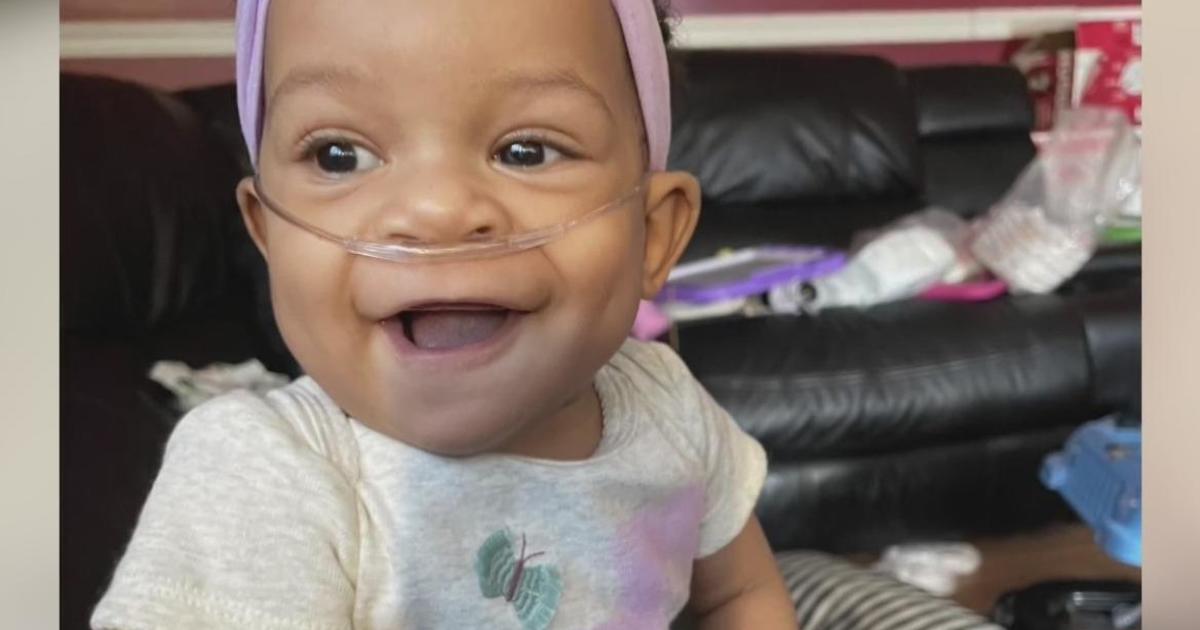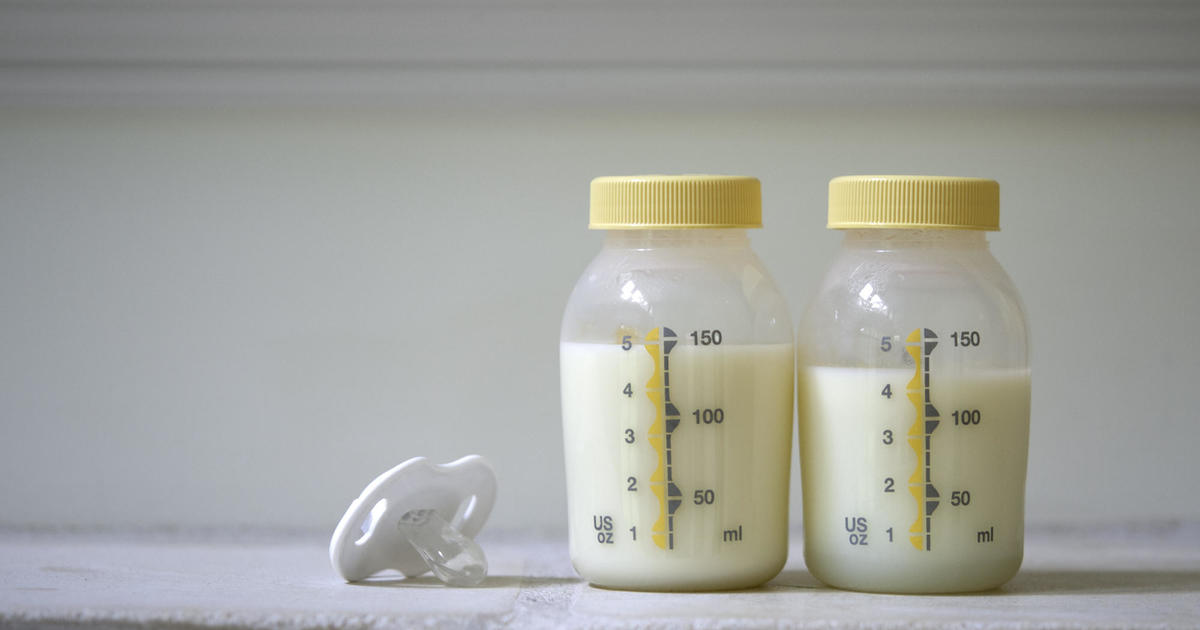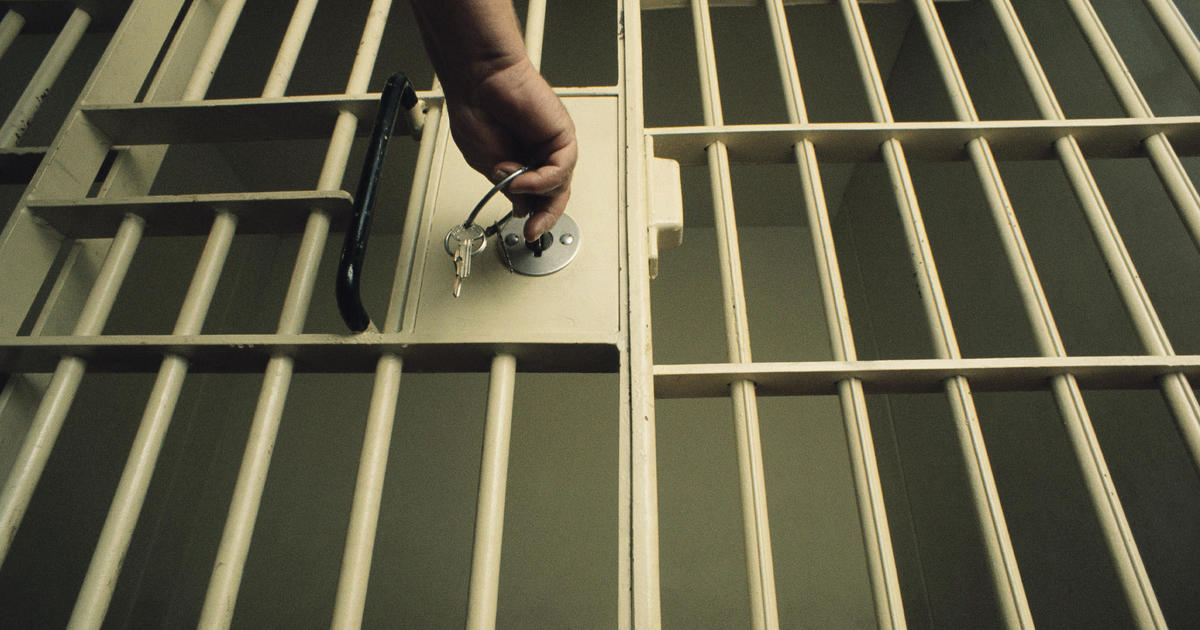Here's Gov. Whitmer's Dec. 15 COVID-19 Press Conference
(CBS DETROIT) - Governor Gretchen Whitmer held a press conference on Dec. 15 providing updates on the state's response to COVID-19.
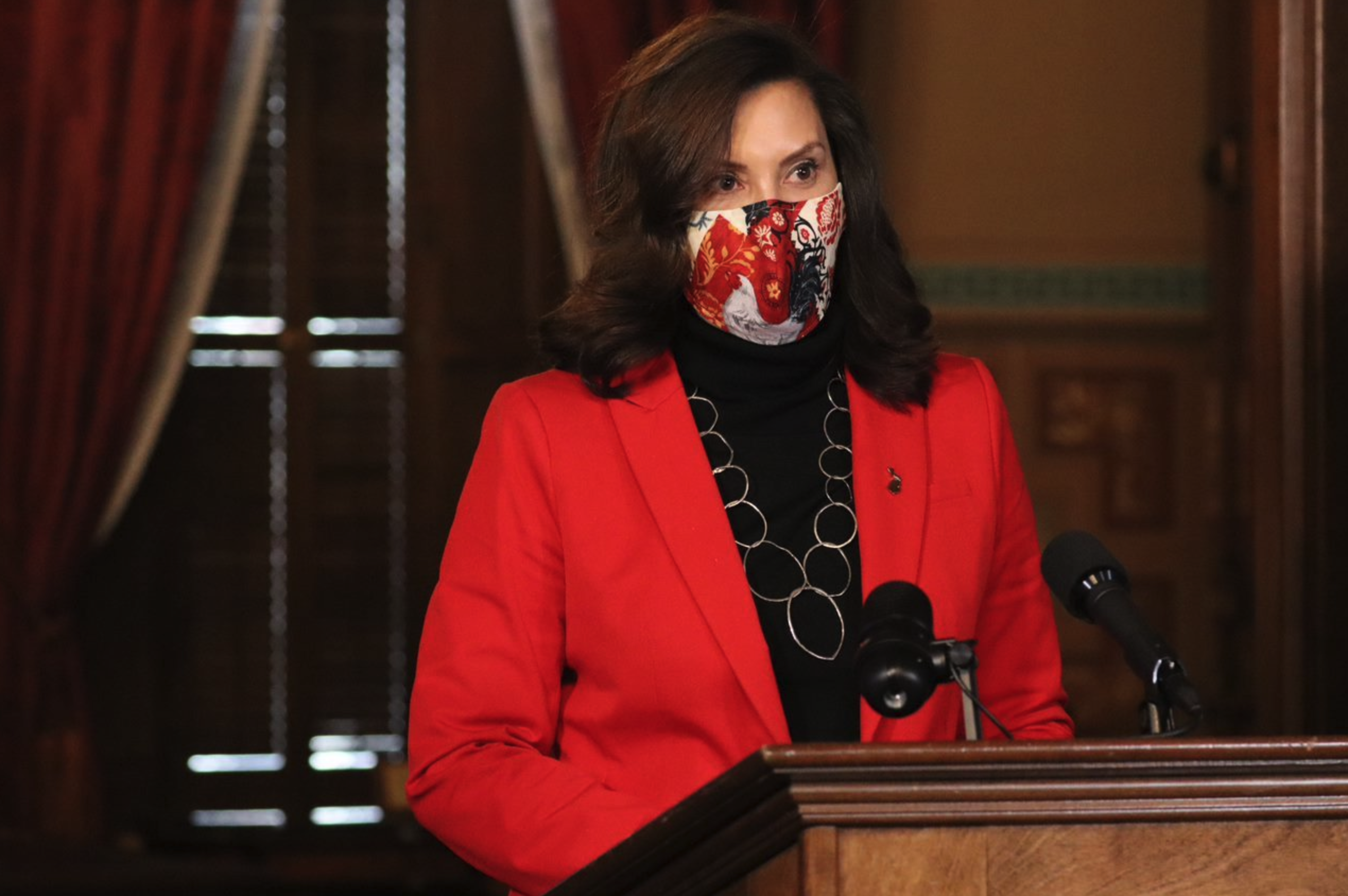
Here are the governor's updates:
- Last week the Michigan Department of Health and Human Services announced an extension of "Pause To Save Lives" to prevent Michigan's hospitals from overwhelming, protect those serving on the front lines, protect small businesses and slow the spread of COVID-19.
"To the Michiganders and business owners who have doubled down on mask-wearing, social distancing, and limiting indoor gathering where COVID-19 thrives, thank you," she said.
- On Monday, the first of Michigan's frontline workers received the Pfizer vaccine.
- Three weeks ago the governor sent a letter to the Michigan Legislature requesting that they take action to protect public health and save lives.
- In the three weeks since nearly 2,000 people have died from COVID-19, Whitmer said.
"That's nearly 2,000 parents, grandparents, children, and loved ones who were taken from us too soon," she added.
The letter to the Michigan Legislation focused on three things:
- Passing a $100 million Michigan COVID relief plan
- Passing a permanent extension of unemployment benefits
- Passing legislation to protect public health
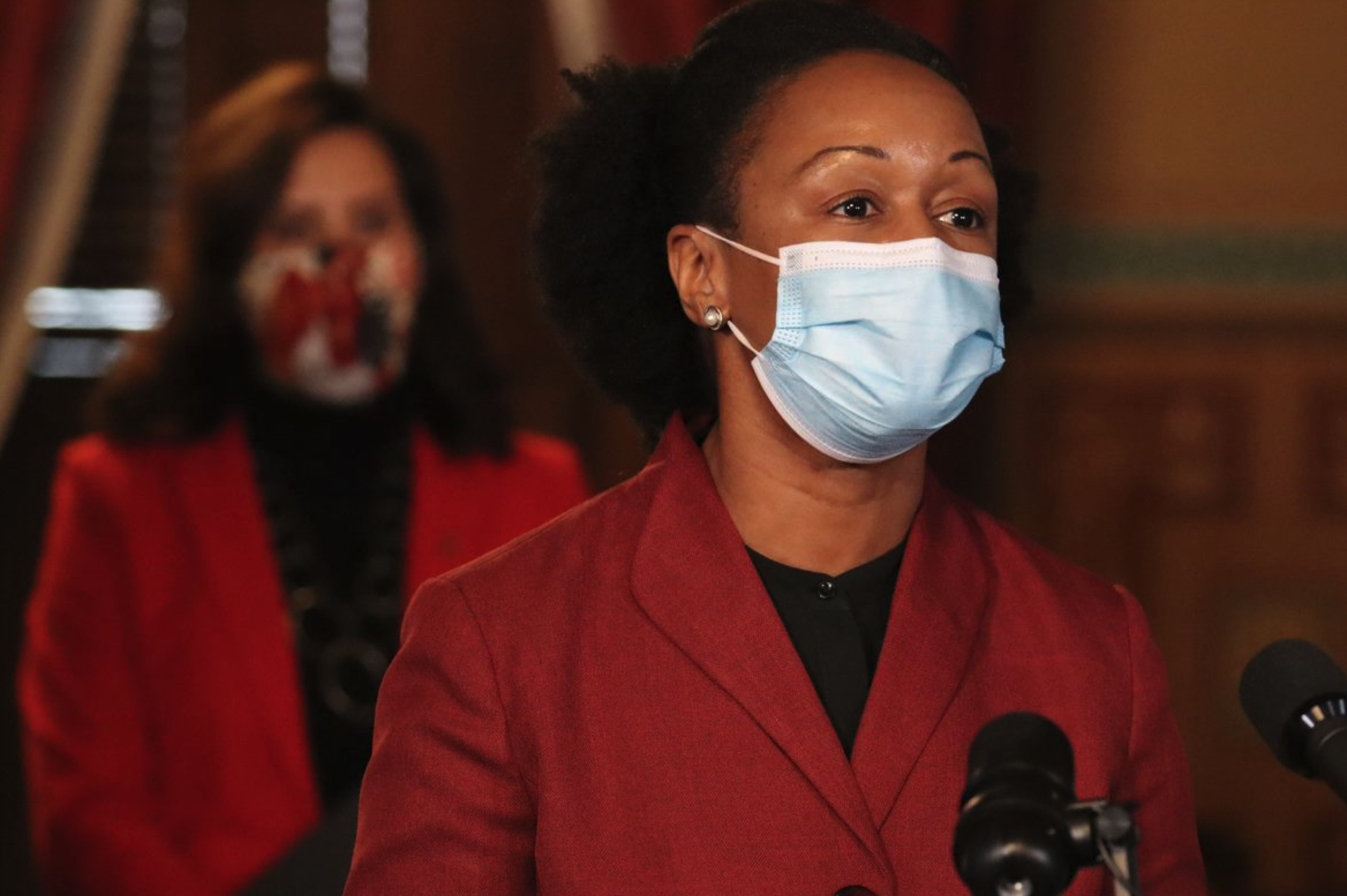
Here are updates from Dr. Joneigh Khaldun, Michigan Department of Health and Human Services chief medical executive and chief deputy director for health.
Khaldun says there are 560 cases per million per day in the state and has been declining for the past 22 days. All areas of the state have seen a decline in the case rate.
Hospitalizations are also declining. Overall 18.5 percent of hospital beds have COVID-19 patients. The percent of tests that are positive is at 12.3 percent and the number has been "trending down" for the past seven days.
"All of this means, that we are cautiously optimistic that there was not a post-Thanksgiving surge in cases," Khaldun said.
Case rates remain "alarmingly high" and the percent of tests that are positive is still four times what they were at the beginning of September.
As for the Pfizer COVID-19 vaccine, Khaldun says "it is 95 percent effective and it is safe."
On Monday, the state also launched its COVID-19 vaccine dashboard. Here, anyone can go to track how many providers are enrolled where the vaccine has been distributed.
Since there is limited supplies of the vaccine, Michigan is distributing the vaccine first to frontline healthcare workers this week. By the end of the month, the state hopes to start vaccinating residents and staff in skilled nursing facilities. Depending on the supply from the federal government, eventually vaccines for other essential workers and those at high risk for severe COVID-19 illness will be available.
"We hope to be able to offer the vaccine to the general public by late spring of 2021," Khaldun said.
She also added, everyone ages 16 and up should now be planning for how and when they will get the vaccine. Khaldun says the COVID-19 vaccine cannot give you the virus, it only "shares a specific code with your body so your body can recognize the virus later and fight it off."
Some will have mild side effects due to the vaccine such as:
- a sore arm
- low-grade fever
- general malaise
For the maximum vaccination benefit, there will be two doses for both the Pfizer and Moderna vaccines. If you get the Pfizer vaccine, the doses will be administered three weeks apart. For the Moderna vaccine, the doses will be administered four weeks apart. Khaldun said these are things to expect and it means that the vaccine is working.
After receiving the vaccine, you must still wear a mask, practice social distancing and wash your hands frequently.
She also urged the public to go to trusted sources when it comes to information on the vaccines visit www.michigan.gov/covidvaccine for more information.
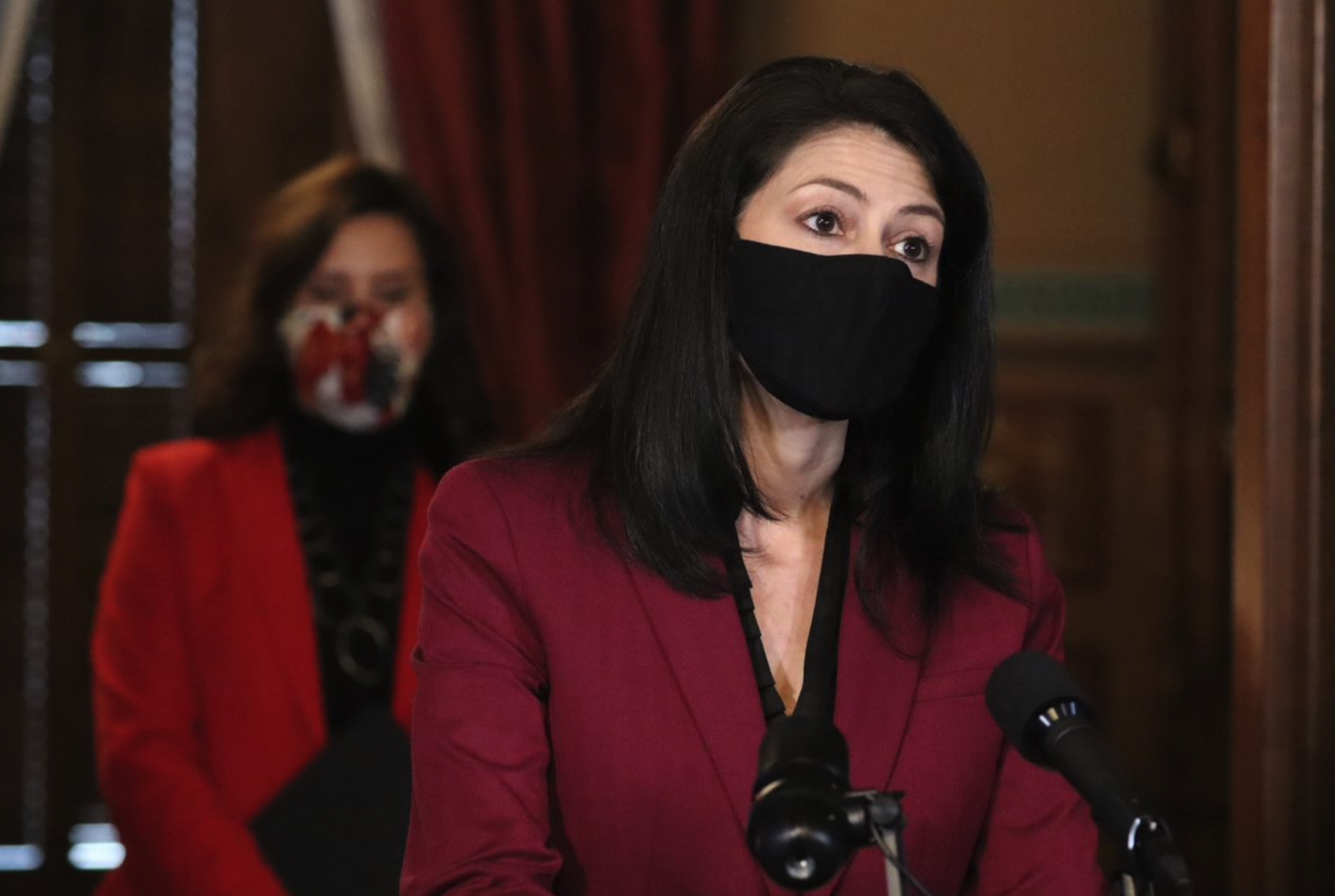
Michigan Attorney General Dana Nessel also warned Michiganders to be aware of bogus COVID-19 vaccines, treatments, test kits, and clinical trial offers during the press conference Tuesday afternoon.
Fraudulent coronavirus treatments come in a variety of forms, including pills, dietary supplements, herbal teas, essential oils, and medical devices. Fraudulent coronavirus test kits are also being offered for sale online. The FDA is monitoring complaints of fake coronavirus treatments and tests. They offer the following tips:
- Be suspicious of products that claim to treat a wide variety of diseases.
- Personal testimonials are no substitute for scientific evidence.
- Few diseases or conditions can be treated quickly; be suspicious of any product or treatment claiming to be a "quick fix."
- "Miracle cures," which claim scientific breakthroughs or contain secret ingredients, are likely a hoax.
- If it seems too good to be true, it probably is.
- Do NOT purchase an alleged vaccine or treatment over the internet or from an online pharmacy.
- Always consult a licensed medical professional to obtain a COVID-19 vaccine or treatment.
- Do not respond to text messages, emails, or calls about vaccines or treatments.
- Beware of ads on social media for vaccines, treatments, and/or clinical trials.
© 2021 CBS Broadcasting Inc. All Rights Reserved. This material may not be published, broadcast, rewritten, or redistributed.
